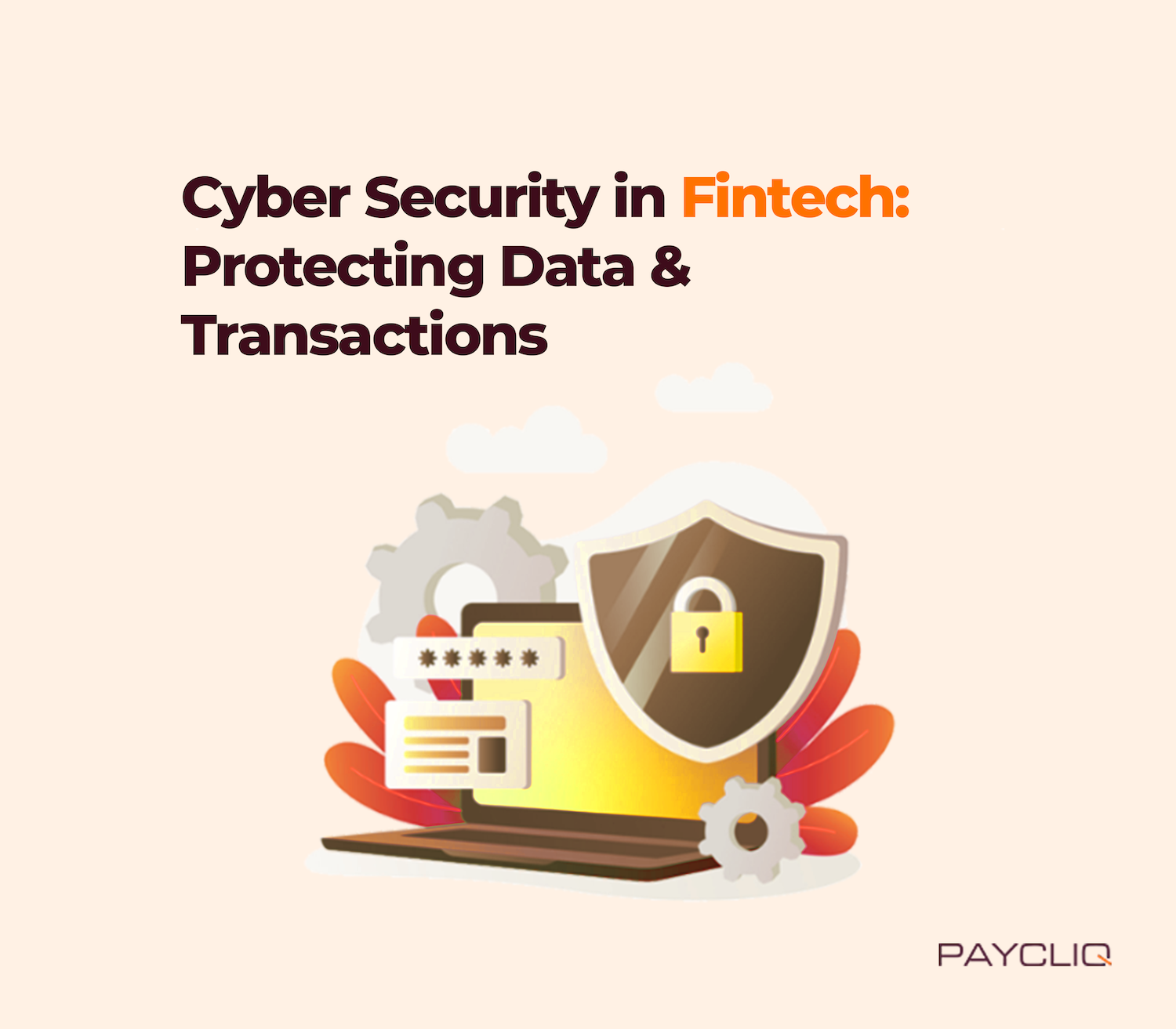In an era when nearly all financial transactions are done online and billions of data, such as personal information, transactional details, and financial records, are collected and stored, fintech companies, as custodians of such sensitive data, have to invest in cybersecurity to protect data and the future of mobile transactions.
While there is no denying the many benefits and opportunities the rapid growth of the Nigerian fintech industry has brought to individuals and the economy, there are attendant cybersecurity issues that face the industry and the populace. Some of the security challenges which the sector must combat include the following;
- Data Breaches: Any industry that holds sensitive data such as personal information, transactional details, and financial records is susceptible to cyber attacks, such as phishing, malware attacks, data breaches, and identity theft, amongst others. This could hurt the company. Therefore, data breaches and cyber-attacks are challenges that fintech companies must contend with.
- Third-Party Risks: Fintech companies often collaborate with third-party vendors and service providers to carry out various operations, including payment processing, cloud hosting, customer support, and data analytics. These collaborations often expose fintech companies to additional cybersecurity risks, especially if the third-party vendor lacks strong cybersecurity.
- Insider Threats: This poses a significant threat to fintech despite external cyber threats dominating the headlines. Employees or contractors with malicious intents may access sensitive data and deliberately compromise data, leading to fraud, data breaches, and other related cyber-attacks.
- Lack of Cybersecurity Awareness: Recently, a fintech company in Nigeria folded, and many social media users have attributed it to their lack of cybersecurity awareness and investment. To prevent a case like this, fintech companies must ensure that all their staff are well equipped with the knowledge and necessary tools to recognise and promptly respond to cyber attacks. Hence, continuous training and awareness programmes peculiar to each department in the company should be important.
- Regulatory Compliance: Fintech Companies may find it challenging to keep up with the complex and ever-evolving regulatory framework they operate. However, one crucial compliance aspect, particularly for fintech firms operating in Nigeria, is adherence to the Nigerian Data Protection Act (NDPA).
Nigerian Data Protection Act (NDPA):
The Nigerian Data Protection Act (NDPA) is a legislative framework for protecting the country’s personal data and privacy rights.
The Nigerian Data Protection Act, passed in 2019, is significant in the Nigerian fintech industry since it governs the handling of personal data and protects individuals’ right to privacy. It was superseded by the Nigeria Data Protection Act, 2023, the country’s first comprehensive data protection law. The NDPA lays a thorough framework for safeguarding personal information, including rights for data subjects, purpose limitation, and data minimisation.
Key provisions of the NDPA include:
- Data Subject Rights: The NDPA grants individuals certain rights regarding their personal data, including the right to access, rectify, and delete information organisations hold.
- Data Protection Principles: Organizations must adhere to data protection principles, such as transparency, purpose limitation, data minimisation, and accountability.
- Data Breach Notification: Organisations must promptly notify the impacted data subjects and Data Protection Commission of a data breach that risks individuals’ rights and freedoms.
- Cross-Border Data Transfers: The NDPA regulates the transfer of personal data outside Nigeria, imposing restrictions to ensure adequate safeguards for data protection.
What are some ways to Safeguard Data in fintech Companies?
- Robust Data Encryption: Robust encryption is the core of data security. It makes sensitive information unreadable to unauthorised personnel, protecting users’ information, transactions, and communication channels.
- Secure Infrastructure and Cloud Security: Fintech companies must invest in secure infrastructures to protect data stored on servers and cloud-based environments. This involves implementing access controls, conducting regular audits, and encrypting data.
- Multi-factor Authentication: This added layer of security requires users to confirm their identities through multifactors like biometrics and one-time codes. Passwords alone are no longer enough to protect user accounts from unauthorised access, and implementing multi-factor authentication can significantly reduce the risks of unauthorised transactions.
- Role-Based Access Control: fintech companies can protect data by implementing strict access control to limit access to sensitive data to only authorised persons. Employees should only access data necessary for their roles.
- Secure Data Transmission: Avoid transmitting sensitive data via unsecured channels like public Wi-Fi networks and deploy communication protocols such as HTTPS to encrypt data transmitted between systems and endpoints to prevent your data from being hijacked by a third party.
Our Take
As much as PayCliq strives to give you the best fintech solutions for the smooth running of your business, we are heavily invested in cybersecurity to ensure all sensitive data entrusted with us are safe and secure. In addition to the steps to safeguarding data above, PayCliq engages in continuous training for staff to identify and promptly report or respond to cyber threats. We also partner with companies with best practices and have advanced cybersecurity infrastructures to collectively fight cyber threats from both external and internal sources because, at PayCliq, the safety of your identity, transactional details, and financial information is our top priority.



What do you think?
It is nice to know your opinion. Leave a comment.